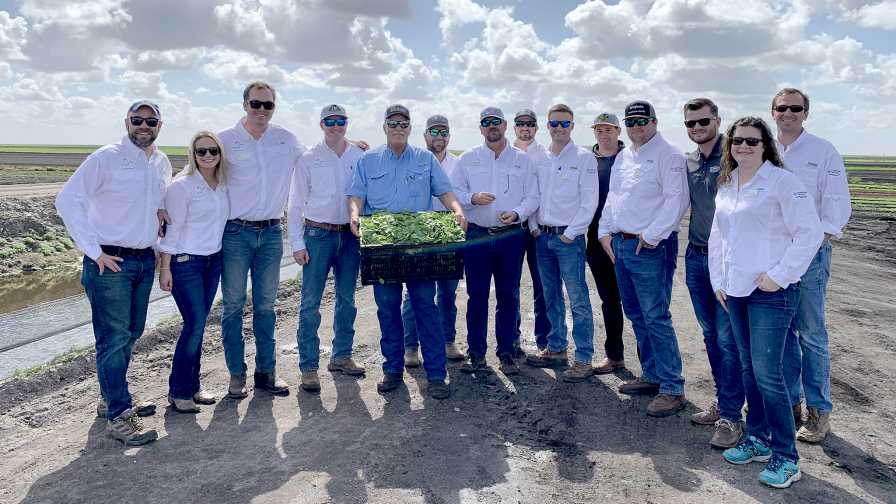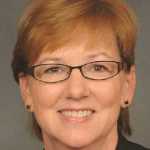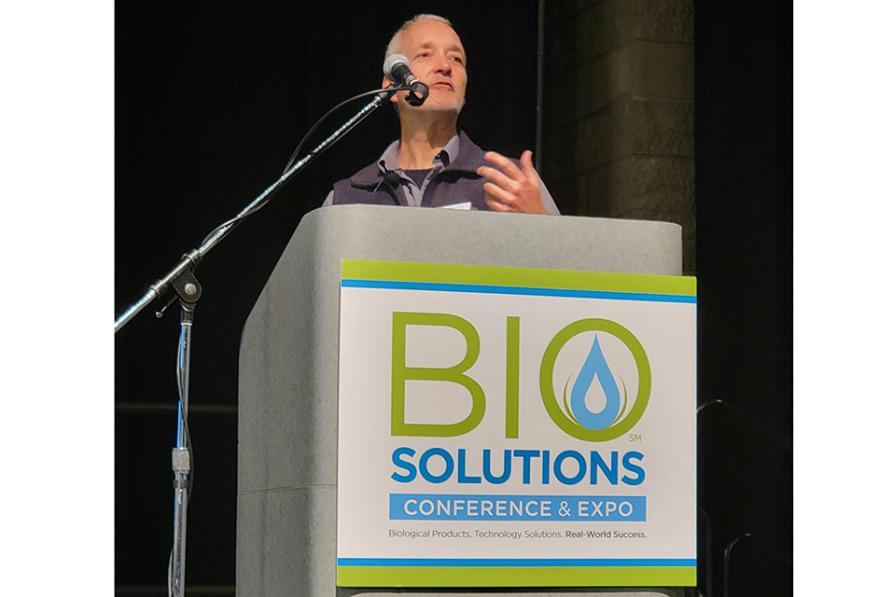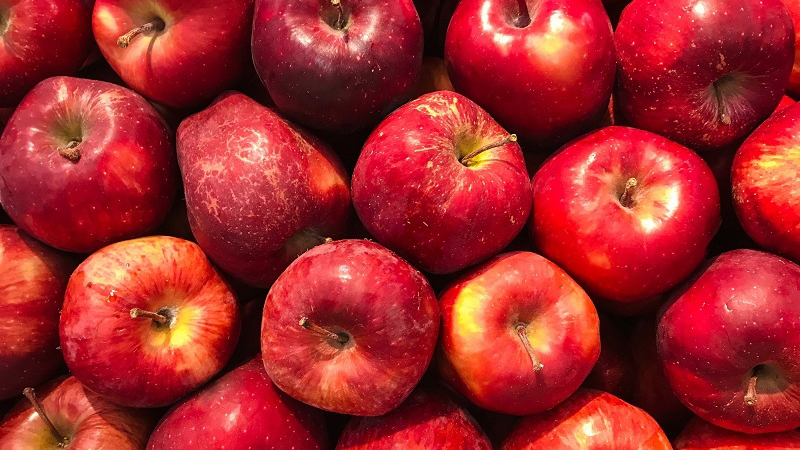Coronavirus Not Deterring Emerging Leaders in Florida Ag

Members of FFVA’s Emerging Leader Development Program’s Class 9 with Paul Orsenigo of Grower’s Management at Orsenigo’s leafy greens field in Belle Glade this past spring.
Photo courtesy of FFVA
The Florida Fruit & Vegetable Association (FFVA) will soon welcome Class 10 of its successful nine-year-old Emerging Leader Development Program (ELDP), which now boasts 100 participants. And just as every other agriculture organization is doing, we are adapting to the “new normal” of conducting business in the middle of the COVID-19 pandemic. But we don’t expect that to slow us down as the new class begins its leadership development journey.
Class 10 will start on schedule in November, says ELDP Director Sonia Tighe, who also is FFVA’s Membership Director and Executive Director of the Florida Specialty Crop Foundation.
“The first session is called FFVA 101. The class gets to meet all the directors and learn the current issues that FFVA is working on,” Tighe says. “We’re fortunate to have a large enough office that we can properly social distance but still have our complete session. The next session will be a production trip in January to visit growers’ operations. We will have to use a larger bus to properly distance the group as we tour.”
Developing Advocates
Launched in 2011, the ELDP identifies up-and-coming leaders in Florida specialty crop agriculture and develops them into strong advocates for our industry. Each class — typically 10 to 12 participants — engages in a yearlong curriculum that gives them a broad look at the issues that specialty crop growers face. Graduates finish equipped with the tools and knowledge they need to help strengthen the future of specialty crop agriculture. These young leaders then are charged with becoming engaged in FFVA and other industry organizations.
Class members first get an in-depth look at our association, learning how FFVA works on behalf of its members. During the legislative session in Tallahassee, the group sees FFVA’s leadership and advocacy in action. Class members join FFVA volunteer leaders to walk the halls of the Capitol meeting with lawmakers and state officials.
During Florida’s growing season, the class tours farms, packinghouses, and other agricultural operations to get an up-close view of crops and production practices in several sectors. The group also learns about community and the importance of supporting groups that address the needs of farmworkers and their families, such as the Redlands Christian Migrant Association.
To round out their leadership development experience, the group travels to the heart of California’s agricultural region to get an even broader perspective. With each session, class members are building important and lasting relationships.
Talking on Leadership Roles
The benefit to FFVA is that we have built a pipeline of young leaders who are getting involved in the work of the association and, more broadly, Florida agriculture. Twenty-six graduates serve on one or more of FFVA’s seven issues-focused committees; five either chair or co-chair their committees. Six graduates now sit on FFVA’s board of directors.
Kyle Hill of Southern Hill Farms (Class 6) advises participants to “take it all in,” Hill says.
“It’s a great program. You’ll learn a lot and meet great people who you’ll be in contact with for the rest of your life. You’ll form friendships that you’ll have forever because of this program.”









